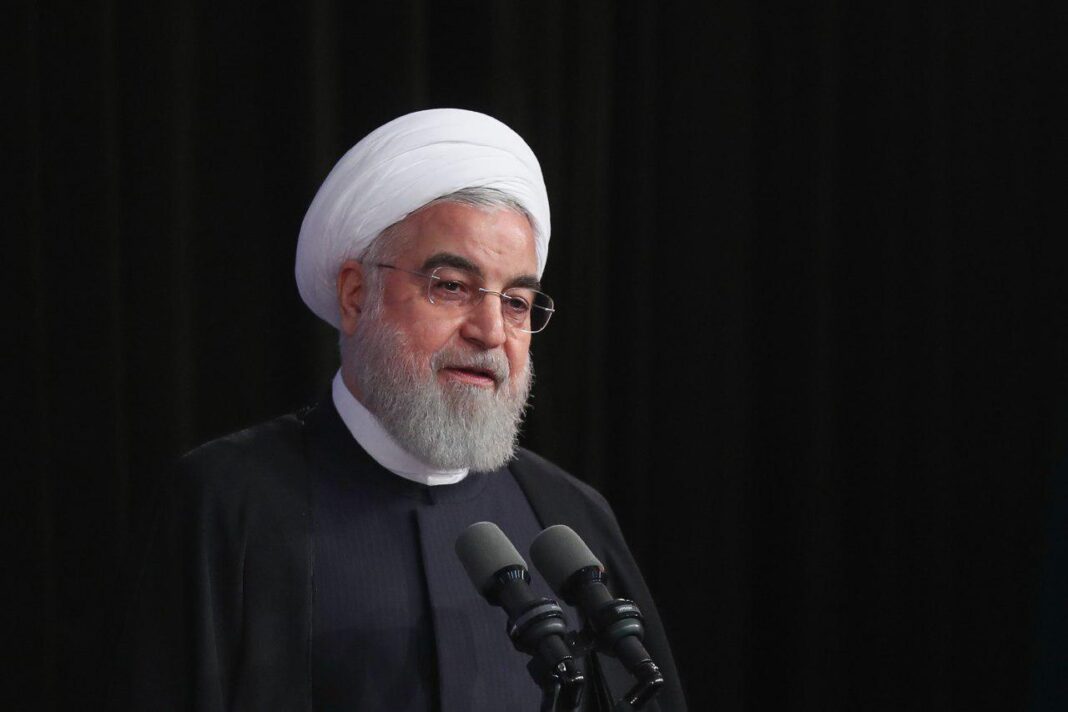“The Zionist regime, Saudi Arabia, and the US’ hawks pressured the new US administration and forced it into leaving the JCPOA,” Rouhani said in a Wednesday ceremony in Tehran.
Rouhani regretted that Donald Trump left the multilateral deal, as the Islamic Republic had managed to achieve the world’s highest economic growth rate in the year after the implementation of JCPOA.
“Those who are doubtful about the efficiency of JCPOA can compare the time when the deal was signed with today when it is undermined,” he said.
“When the JCPOA was signed, a world leader was amazed to see the world’s big corporations queuing up to sign contracts with Iran,” Rouhani noted.
“One year after the deal was signed in 2015, Iran’s economic growth rate topped the world ranking,” he said, boasting that the deal helped his government keep the inflation rate at a one-digit rate for three consecutive years, and make the country self-sufficient in many fields including petrol, gasoline, and wheat production.
He complained that some critics inside the country slam his government for “wasting time” by holding talks with the International Atomic Energy Agency (IAEA) as the body is under the control of the US and superpowers.
“They believed it is useless to hold talks with the IAEA … but we managed to settle the issue of Possible Military Dimension (PMD) through talks with the IAEA, which finally announced the case is closed,” Rouhani said.
He said in the course of talks with the six world powers, “some said the talks were futile and useless, and Iran needs to resist.”
However, he added, the government managed to hold talks with six superpowers and convince them to take back and annul six UN Security Council resolutions, which is not at all an easy job.
“Nuclear activity has not been endorsed for any country in a UNSC Resolution, but that is included in the UNSC Resolution 2231 only for Iran,” he added.
Iran has been on track to abandon commitments under the nuclear deal in response to a move by Trump to withdraw from the pact and re-impose the “toughest ever” sanctions against the Islamic Republic.
Tehran has so far rowed back on its commitments three times in compliance with Articles 26 and 36 of the JCPOA. It has stressed that its retaliatory measures will be reversible as soon as Europe finds practical ways to shield the mutual trade from the US sanctions.
